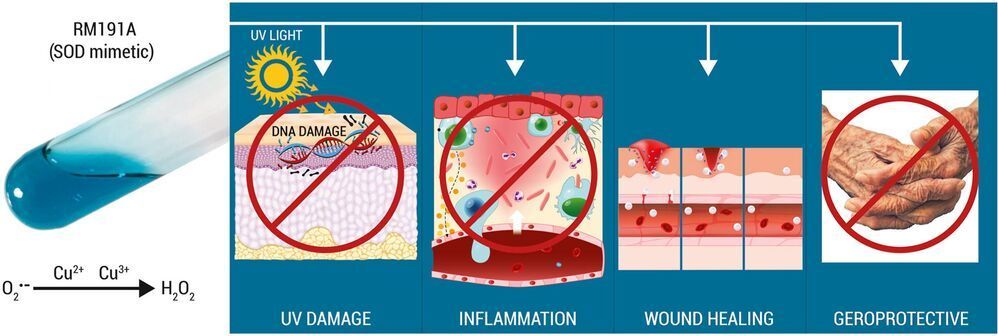No data degradation, no problem.




Eighteen bulbs were stuffed into the center of the wheel, brightly illuminating the 1950s with brilliant hues for the pure purpose of flair.
In this edition of Future Discussions Ugochukwu discusses with the Head of TAFFD’s Africa on the vision and strategies for creating opportunities for education, technology and empowerment in Africa using the global channel that TAFFDs Africa is creating.
Brenda talks about why she joined TAFFD’s Inc and the amazing work she and her team has been doing to foster the progress of Africa. She equally talks about the 4th Industrial Revolution, what is means for Africa and the work TAFFD’s Africa is doing to prepare young Africans to leverage the opportunities therein.
Subscribe for new episodes.
#futuredisccussions #ugochukwuchukwu #TAFFDs #TAFFDsAFrica
The Moon and Mars are remote and forbidding but it’s fairly easy to turn their soil into construction material and mine it for water to drink and oxygen to breathe.
Several astronauts have spent more than a year in zero gravity, and they experienced muscle loss, brittle bones and difficulties with vision. A space station could be spun up to ameliorate these problems, and for colonists on the Moon and Mars, gravity would be reduced, not absent. Their capillaries and cardiovascular systems would adjust, and muscle mass would be shed.
Few of us would relish living in the isolation and close confines of a bubble habitat far from home. The lack of a varied natural environment is likely to lead to weaker immune systems. However, the colonists will innovate in the activities of exercise and sex. Their space suits will be made from materials that are supple, supportive and skin-tight, and we might envy their ability to effortlessly leap and cavort across the surfaces of their new worlds.
If early colonies are restocked with new recruits from Earth, physiological changes will be modest. But subsequent waves of colonists may sever the umbilical; they might be dissidents or motivated by utopian ideals. As they live and die off-Earth, their psychological landscape will be sculpted by their new environment. Biologically, they will evolve into a new offshoot from the human tree.


Looking back over years of research into the topic of hybrid systems based on different combinations of solar, wind, hydro and other renewables, an international group of scientists found strong potential for strategies to exploit complementarity between the different sources integrate more intermittent renewables onto regional and national grids. The scientists present a series of conclusions and recommendations that aim to push research in hybrid renewables forward.

A breakthrough skin-gel is showing promising signs in Australian trials, with the ability to halt chronic pain in its tracks, halve healing time and even turn back the clock on ageing skin.
The gel, which is known as RM191A, is believed to be a new class of anti-inflammatory.
It’s a copper-based compound which is applied directly to the skin as a topical.

This eco village is 100% self-sufficient